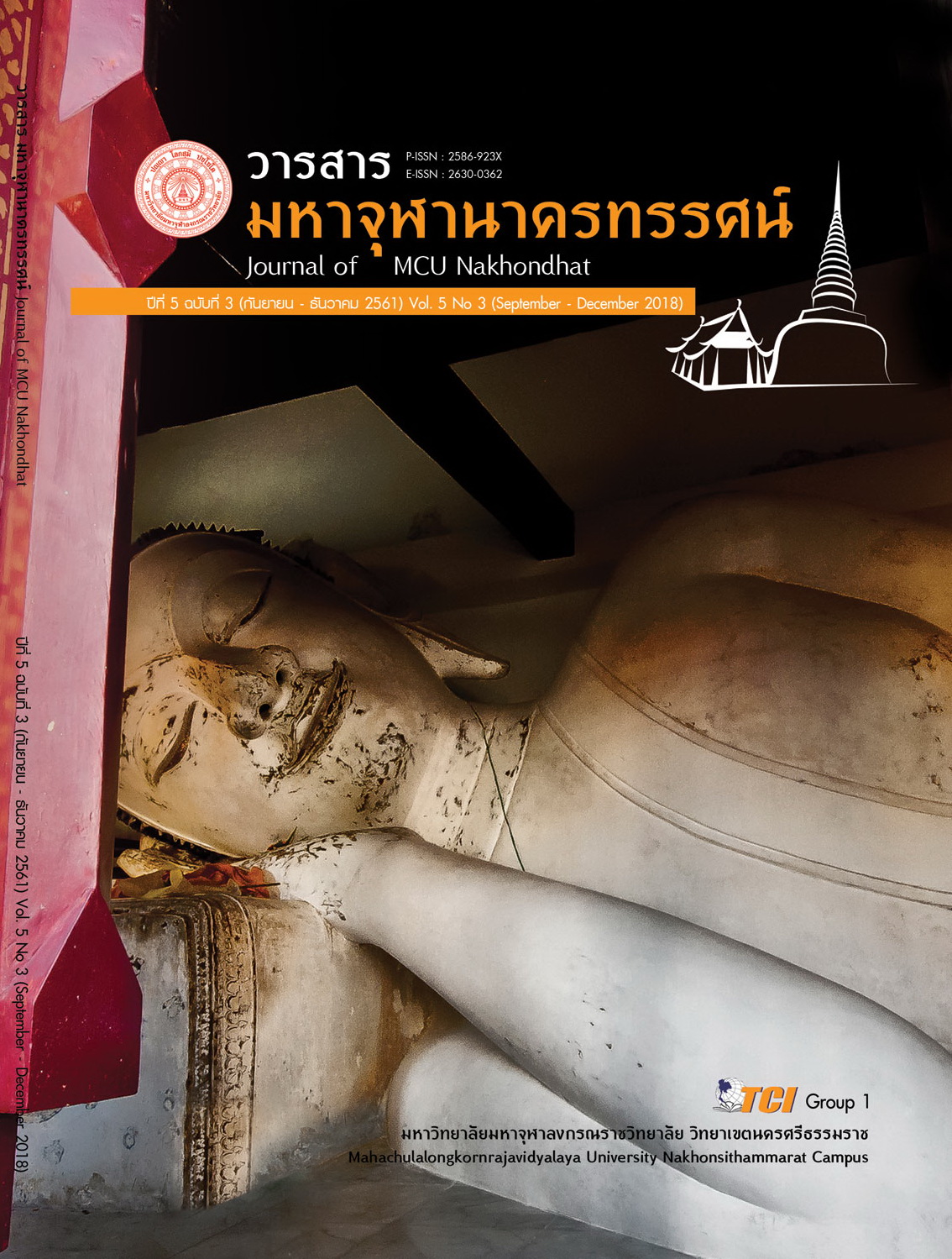THE PROBLEMS OF STANDING TO SUE AND THE COURT JURISDICTION ON ENVIRONMENTAL CASES OF THE COURT OF JUSTICE AND THE ADMINISTRATIVE COURT.
Main Article Content
Abstract
Environmental cases have a unique character that is different from other cases in general. Currently, environment cases are governed by the Civil Procedure Code and the rules of Administrative Procedure, and it has been found that they are inappropriate and unfair, and that they produce delays in awarding remedies and providing recoveries to the affected aggrieved parties, thus endangering natural resources and the environment. As a consequence, various problems in environmental lawsuits are created. The objective of this research is to study the standing to file civil lawsuits and administrative lawsuits related to the environment in the regular Court of Justice and the Administrative Court. The research also includes a study of the jurisdiction of the regular Court of Justice and the Administrative Court over environmental cases, giving consideration to the fact that they may render conflicting judgments.
As a result of the study, it was found that there are problems relating to access to justice proceedings in environmental cases. These problems include the majority of the injured parties being indigent, threatened or assassinated; as a result, the aggrieved parties are reluctant to file environmental lawsuits, which creates problems related to accession to judicial proceedings; the problem related to the application and interpretation of standing to sue, which denies the plaintiffs standing to sue; the problem related to the law that does not confer the authority to the state to file a civil lawsuit on behalf of the aggrieved person in order to give protection to the right of the aggrieved person, which would enhance the public interest; the problem of the people’s lack of knowledge on environmental issues; the problem related to the lack of personnel and professional organizations that can provide assistance to the general public in environmental cases; the problem relating to the scattered sources of environmental law, which makes it difficult to understand them; the problem related to court fees; and finally, the problem of the lack of procedural law for environmental cases. The aforementioned problems cause the obstruction of access to justice proceedings in environmental cases. As such, they produce undesirable effects on the rights of the people to a decent environment and the protection, and preservation of natural resources.
Based on this research, it is recommended that the law should be amended to empower the public prosecutor to initiate civil lawsuits in cases where undesirable environmental conditions affect the public in regular Courts of Justice without having to pay court fees, as well as a waiver of court fees for environmental cases under the jurisdiction of the Administrative Court. There should be procedural laws specifically governing environmental cases, because they are different from regular lawsuits. As such, the proceedings would be more efficiently handled and provide more justice, convenience, and expeditions trials to the people. Lastly, there should be reformation and codification of environmental law.
Article Details
References
คำพิพากษาศาลฎีกาที่ 15219/2558 (คดีคลิตี้), 15219/2558 (ศาลฎีกา แผนกคดีสิ่งแวดล้อม 30 ธันวาคม 2558).
คำพิพากษาศาลฎีกาที่ 2136/2525, 2136/2525 (ศาลฎีกา 2525).
คำพิพากษาศาลฎีกาที่ 996/2508, 996/2508 (ศาลฎีกา 2508).
คำสั่งศาลปกครองสูงสุดที่ 259/2554, 259/2554 (ศาลปกครองสูงสุด 6 มิถุนายน 2554).
คิ้วหนา. (20 ธันวาคม 2557). ความตายที่ (ไม่ควร) เงียบงัน. เข้าถึงได้จาก https://myfreezer.wordpress.com/tag/deadly-environment/.
ธานินทร์ กรัยวิเชียร. (2502). การช่วยเหลือทางกฎหมายในต่างประเทศ. วารสารดุลพาห, 1012-1032.
ประพจน์ คล้ายสุบรรณ. (2550). แนวคิดทฤษฎีและหลักกฎหมายที่เกี่ยวข้องในคดีสิ่งแวดล้อม. วารสารวิชาการศาลปกครอง.
วนิดา ว่องเจริญ. (2537). การดำเนินคดีแพ่งของผู้เสียหายจำนวนมาก. วิทยานิพนธ์นิติศาสตรมหาบัณฑิต: จุฬาลงกรณ์มหาวิทยาลัย.
วรานุช ภูวรักษ์. (2555). หลักสูตรผู้พิพากษาผู้บริหารในศาลชั้นต้น รุ่น 10 สถาบันพัฒนาการข้าราชการศาลยุติธรรม. เอกสารรายงานปัญหาการดำเนินคดีสิ่งแวดล้อมในศาลชั้นต้น.
สุนีย์ มัลลิกะมาลย์และคณะ. (2531). การศึกษาความเป็นไปได้ในการจัดตั้งกองทุนทดแทนความเสียหายต่อสุขภาพจากมลพิษ. กรุงเทพฯ: คณะนิติศาสตร์ร่วมกับสถาบันวิจัยสภาวะแวดล้อม จุฬาลงกรณ์มหาวิทยาลัยและมูลนิธิญี่ปุ่น.


